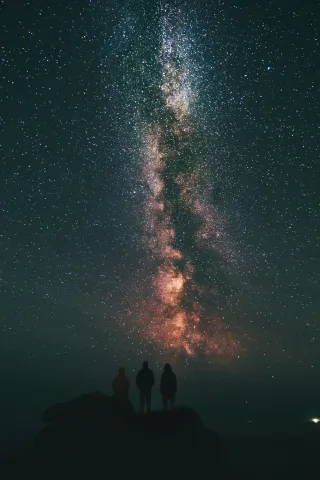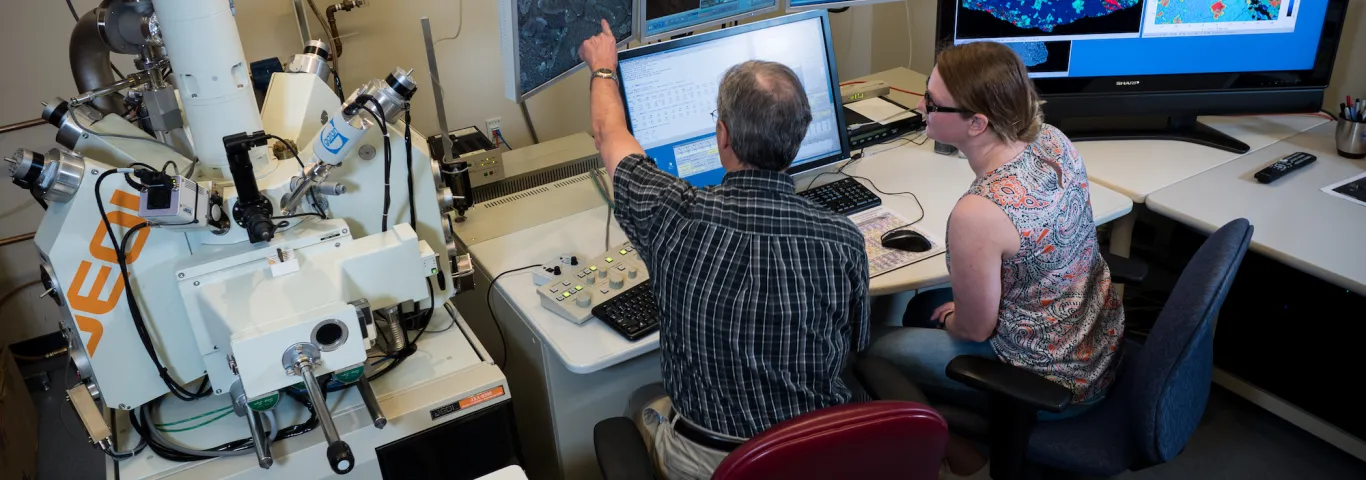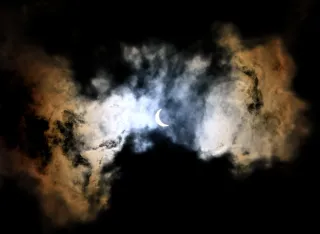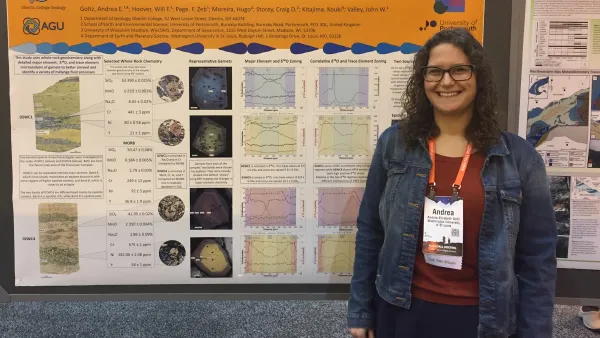Graduate Fellowships

Fellowships from the McDonnell Center provide a generous stipend to incoming graduate students in the Departments of Physics or Earth, Environmental, and Planetary Sciences. These two-year fellowships are offered to outstanding students expressing a special interest in one of the research areas of the Center. The fellowships provide a nine-month academic year stipend plus tuition remission. Renewals for a second year are contingent upon satisfactory progress and continued involvement in the space sciences. An additional stipend is provided for one summer of support for research.
McDonnell Center Graduate Fellowships
These fellowships may be offered to any highly qualified student from around the world.
McDonnell Astronaut Fellowships
Three special awards, established in memory of the astronauts who lost their lives in preparation for our first lunar landing, are offered to exceptional students who are also U.S. citizens:
- The Roger B. Chaffee Fellowship
- The Virgil I. Grissom Fellowship
- The Edward H. White II Fellowship
McDonnell Center Named Fellowships
- The Larry A. Haskin Fellowship - This fellowship was established in memory of Professor Larry A. Haskin, respected teacher, researcher, and former chairman of the Department of Earth and Planetary Sciences, Washington University in St. Louis.
- The Ernst K. Zinner Fellowship - This fellowship was established in memory of Professor Ernst K. Zinner for his contributions to the field of Cosmochemistry. Professor Zinner had a dual appointment in the Departments of Physics and Earth and Planetary Sciences.
Graduate students interested in the space sciences should apply to one of the following departments:


